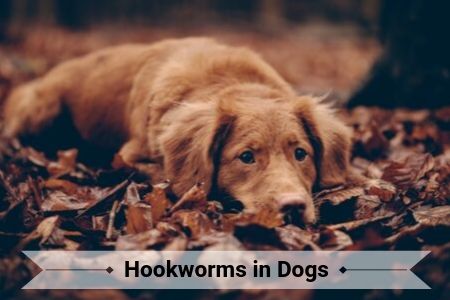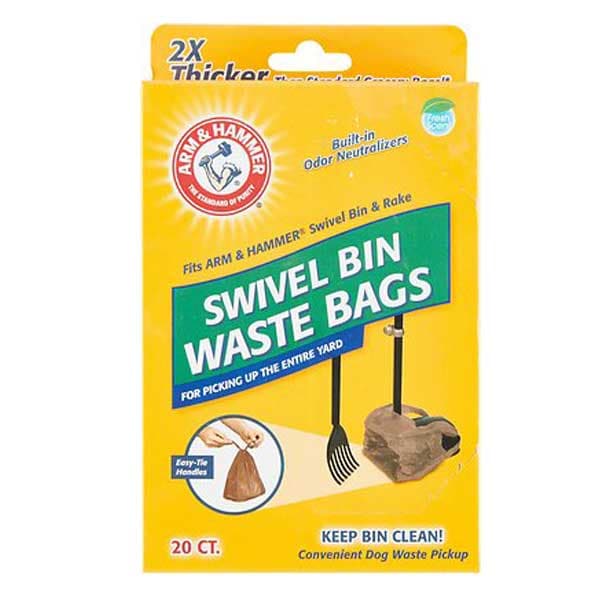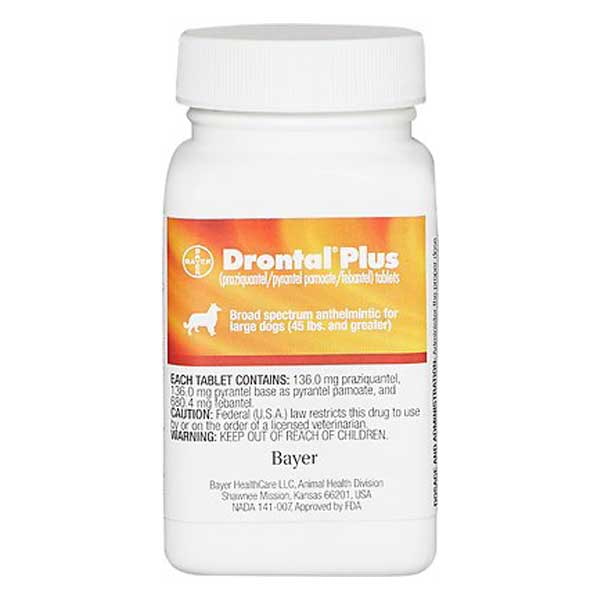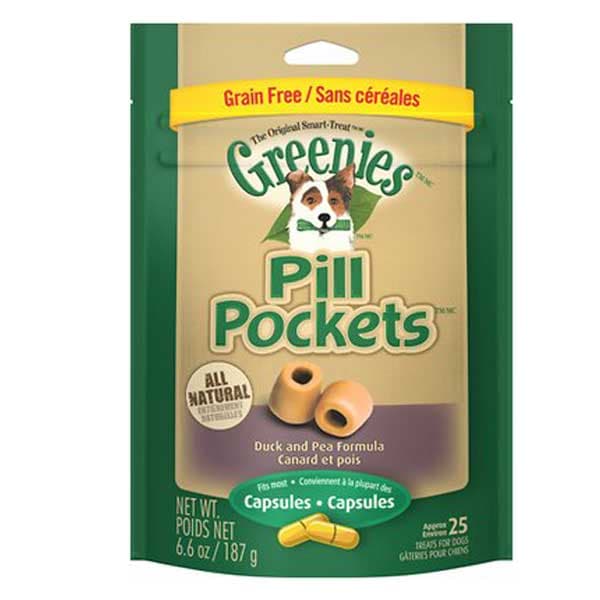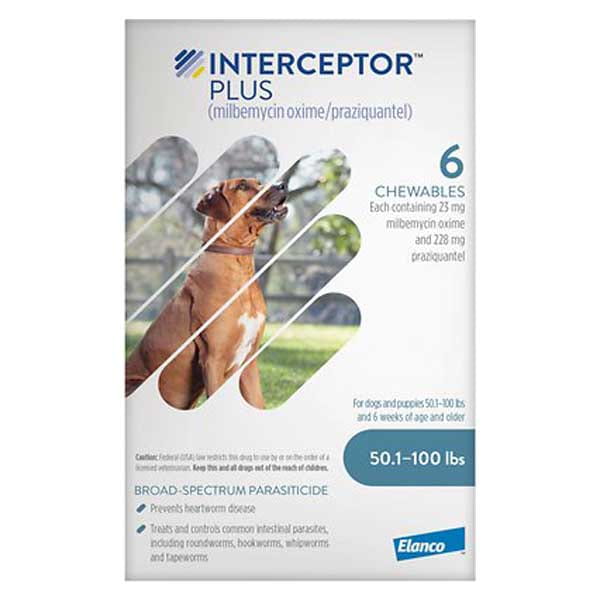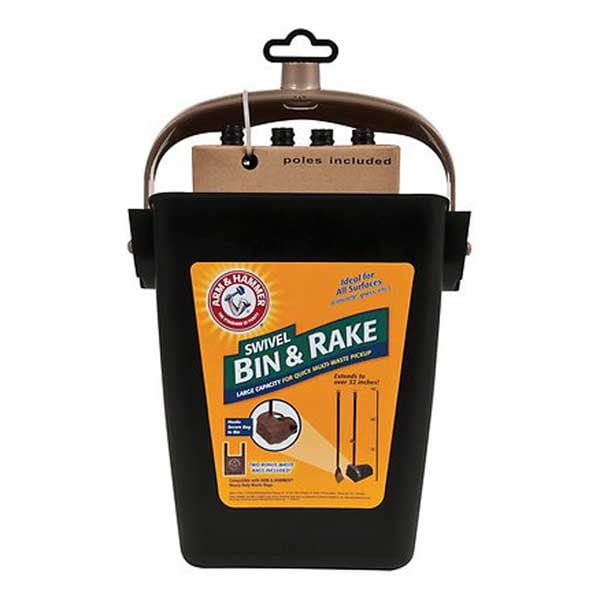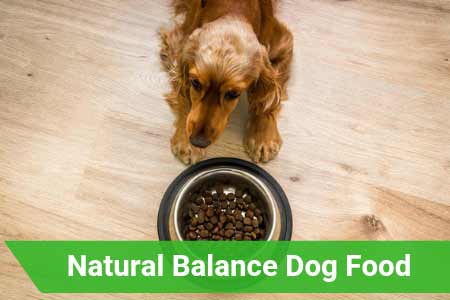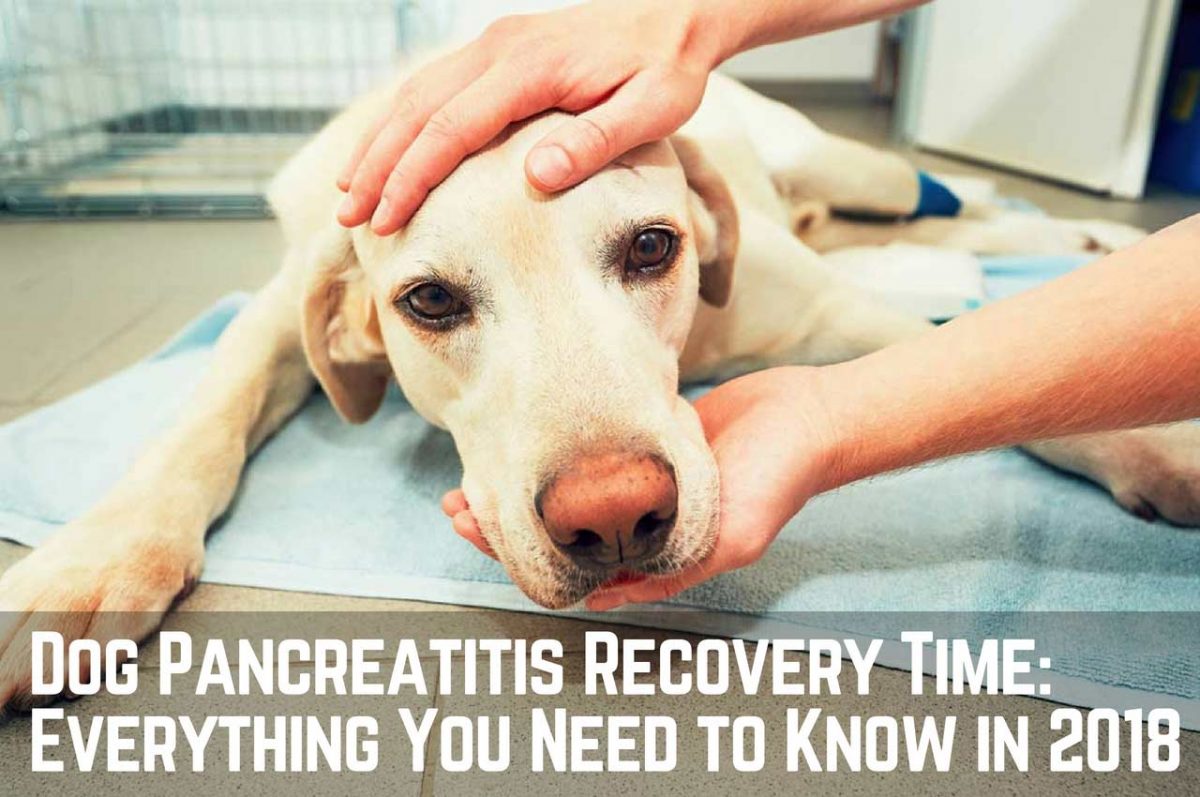Any type of parasite that affects your dog is at the least uncomfortable for them and in the worst-case scenario threatens their well being. These parasites are also highly unpleasant for you as an owner who will have to take part in treating them. Unlike tapeworms which tend to have generally benign effects on your pup, hookworms can cause significant medical issues especially if your dog is very young. Puppies are at extremely high risk of fatal illness if they get hookworms and they are left untreated.
Hookworms are as nasty as they sound. Their scientific name is Ancylostoma Caninum or Ancylostoma Brasiliense. They are small, thin parasites that find their way into your dogs’ intestines and then embed themselves with a hook-like piece into the intestines lining. It's obvious by the way they attach themselves to your dogs’ insides where their name comes from. These worms have mouths that look similar to a hook and actually have hooks like teeth or plates that grasp on to the intestines wall. Once they are attached internally to your pet, they feed on the small blood vessels and tissue in the lining of the intestinal tract. They can move from place to place, leaving small ulcers that continue to bleed after they move to another spot. These ulcers can be part of what leads to your dog having bloody stool offering a visible symptom of the infestation.
These hookworms are tiny, being only 3mm long, but they feed voraciously, and this can make your dog quite ill. The problem is often multiplied as more than one hookworm can exist in your dog at a time. This means fewer nutrients for your dog and more chance of anemia as they bleed and lose nutrition due to the hookworms.
Like many parasitic worms, the hookworm has three stages in its life cycle: egg, larvae, and adult. Their eggs are extremely small and go through the dog’s feces to hatch into larvae, they then enter the environment and infect other dogs or reinfect the one who already has them. These larvae are hardy. They can live for months before they begin to infect your dog. Once hatched, the larvae eventually move through your pups’ body until they reach their intestine. This is where they grow into adults and lay more eggs thus the cyclical nature of their infestation.
Causes of Hookworms in Dogs
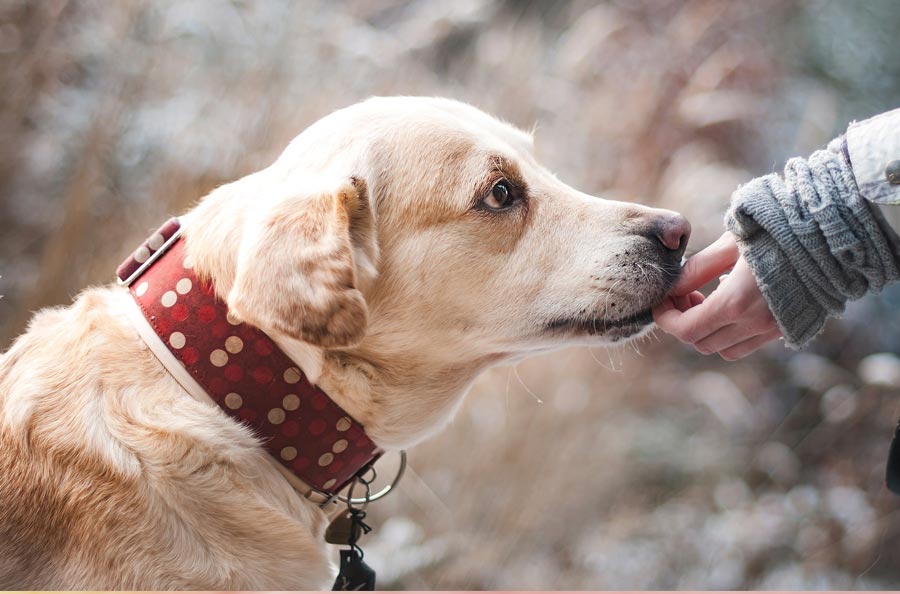
There is more than one way a dog can get hookworms. First, your dog can eat the larvae. This happens when they are sniffing around or ingest dirt or feces that is infected. They may also ingest them by licking their paws or drinking water that is contaminated by the larvae. The larvae can not be seen for the most part and once it is in your pups’ body, the hookworm can begin to thrive.
The second way your pup can be infected is when the larvae have direct contact with their skin. If your pup lies in an area that is contaminated by hookworms, the larvae can burrow into their skin without your dog being aware. This infestation often occurs through their stomach area or their paws. Wherever the larvae burrows can become itchy and you will notice your pup scratching. This is particularly noticeable with their feet. The larvae can burrow between their pads and toes making them nip at their feet to find relief.
A third way your dog can become infected is somewhat rarer, but dogs who are often outside or in wooded areas and have high prey drives may capture and eat rodents that may be carriers of the hookworm parasite. By ingesting an infected small animal, your dog will become a carrier as well. While this may be a more complicated way to get the worm, but it's worth the extra caution on walks or if your dog roams to make sure this doesn’t happen.
The fourth way a dog can be infected is when they are in utero or nursing. Unfortunately, if the pregnant mom is infected, she can pass the hookworms on to her unborn pup. This danger of infection through the mom carries on once the pup is born as well. An infected mother can pass the larvae through their milk to the newborn. These last ways of infection are even more serious than the first three as puppies do not only don’t have a well-developed immune system but once the tapeworms begin the move from larvae to adult, they can cause severe anemia in little puppies which is not only dangerous but can be fatal.

Nobody wants to find their dog with any type of worm, especially hookworms. However, by knowing the symptoms of the infestation, you can get them diagnosed early and save your pup some pain and discomfort. Early detection will also let you start to take preventative measures giving you some peace of mind and saving some money on extensive vet visits that come with prolonged exposure to the hookworm.
Some symptoms of hookworm are fairly visible whereas others would take some mindful observation of your pet. Being aware and watching for them is important so you can halt the progress of the infection before the outcome becomes problematic. The symptoms you should watch for are:
Many of these signs are not symptoms alone of hookworms and they could signal another illness that presents with similar signs. This is why it's important to take your pup to their veterinarian if you notice one or more of these symptoms so proper tests can be run to confirm a diagnosis and get treatment started.
If you are seeing symptoms that indicate your dog might have a hookworm, they need to go to their vet to have tests done for confirmation and treatment. The diagnostic test the vet will use is called a fecal float. This test helps them look for hookworm eggs. This isn’t a complicated test and is a dependable way to spot hookworms since this particular parasite produces vast amounts of eggs each day. The test may be a little more problematic in diagnosing really young puppies since the larvae take 2-3 weeks to change into the adult form and begin producing eggs. They will not be visible until that time. If you have a litter of pups, speak to your vet so you can learn about the deworming processes to prevent hookworm fatalities in your new puppies.
Hookworms in your dog are not something that you can treat with a simple home remedy or by trying to wait it out until your pup is “over it”. You will need a vet to be involved in treatment as your dog will need a prescribed dewormer otherwise known as anthelmintic. These medicines are antiparasitic drugs that will help your pup get rid of hookworms. They are usually given to your dog orally and have very few side effects. Drugs such as Drontal tablets will help. These particular ones can be hidden in a pill pocket or crushed and mixed in with their food. Unfortunately, these deworming medications only kill the adult form of the worm. This means that your dog will need more than one round of treatment. There will probably be a second treatment in about 2-4 weeks to get rid of the other adult worms that came from any larvae that survived the first treatment.
Puppies need to be put on worm medication when they are two weeks old and need to stay on it until they are weaned from their moms. After they are weaned then they should get further treatment monthly to make sure that all the larvae are gone. Without this precaution, their weakened immune system and small size can be a hindrance to maintaining health should they become infected.
Pregnant female dogs should also have treatment for potential worms. This should occur around 2 weeks after breeding and then they should continue to take the meds until their puppies are 2-4 weeks old. This should be done while they are being cared for in a clean, sterile environment. The medications will get rid of any hookworms in the mom’s intestine and will help make sure the puppies are safe as well. It's important that your dog take their full cycle of meds throughout their pregnancy, birth, and feeding their pups to make sure no larvae are passed on at any of the stages. Keeping the mom and the puppies in a clean area will stop reinfection should they have had it before pregnancy.
Your pup may need iron and nutrition supplements to support recovery if they are diagnosed with hookworms. This is something you need to discuss in tandem with your dogs’ vet as too much iron can be fatal, so you do not want to overdose them. Whatever supplement your vet suggests your dog should take to combat the anemia, needs to be monitored and given in the appropriate dosage. Nutritional supplements are the same. Make sure they are balanced with the iron to make sure that there isn’t too much of one thing and not enough of the other.
The other more dramatic treatment that your dog might require due to hookworms is a blood transfusion, fluids and or oxygen. This only happens in rare cases where your pup has severe anemia and needs help recovering and a boost to their iron and red blood cells. This doesn’t happen often but if it does, your dog will require a hospital stay to kickstart their recovery process.
Preventing hookworms in your dog is as much about avoiding reinfection as it is addressing the original infection to begin with. While it's hard to stop the first infection if your pup is out and about a lot, it's doable for the second round. The eggs pass through feces so its extremely important that dog owners pick up their dog's poop right away. You want to make sure there is little to no chance that the larvae can infect the soil or the area where your dog spends their time. You don’t want these larvae infecting you either so make sure to take precautions when disposing of their feces. The less contact you have, the better. Use gloves, a pooper scooper and bags to get rid of it. These particular products are useful to make disposal simple without adding the threat of getting ill from contact with a contaminant.
There are no products available on the market that will get rid of the larvae in your yard so it's important to make sure you and your vet have a conversation about getting your dog heartworm prevention to make sure that hookworms don’t make their way into your dogs’ system. Preventative care is important to stop the first infection or while you wait for the hookworm larvae to pass. You don’t want your dog getting reinfected from their own area while you are still trying to get past the original infection.
The other way to work against the infestation of hookworm is to make sure the worms' preferred environment isn’t available. These parasites do well in damp, warm environments such as overcrowded kennels. It's really important to keep kennels and sleeping areas clean and neat by making sure that there isn’t dog poop around and that runs, and exercise yards are always maintained and disinfected. Never leave your dog at a doggie care place that does not follow proper cleaning and maintenance guidelines. Never have them somewhere that has dog poop visible and looks like it is not maintained.
Along with preventing reinfection, make sure your dog has a monthly dose of preventative medicine such as Interceptor. By taking this medication in the seasons when your dog will be most likely to become infected, you will substantially lessen their risk of becoming infected with hookworms. Your vet will have the proper guidelines for what preventative medication is best for your dog considering their age, size, and breed.
Prevention in puppies is most important when it comes to hookworms, so not only should you follow the basic guidelines for prevention as you would with all dogs but also talk to the vet about a deworming schedule for any dogs that are pregnant. You will want a preventative plan in place for not only the mom but soon to be newborn pups as well.
One of the biggest factors with a dog having hookworms is that there is the potential that humans could get it from them as well. You can’t get these parasites from mature hookworms, but the larvae can be invasive to most animals and humans. They can burrow into your body as they do with dogs, leaving only a mark and some itching. It only takes a few moments of you lying or sitting on soil that is infected for the hookworm larvae to burrow into your skin. This leads to itching, scratching and possible secondary infections along with the problem of the entrance of hookworms into your system.
Once the larvae have entered a human, they move throughout the body. This is dangerous as the moving larvae can penetrate and cause significant injury to internal organs and eyes. This damage can lead to blindness and other secondary complications without even knowing you have the worm in you. The best way to avoid this threat is to not have contact with moist soil that has the potential to be infected by hookworm larvae. Wash well if there is any doubt about the soil you have been in contact with or if you have been somewhere with a large number of dogs that may not be the most sanitary. Cleanliness and awareness will help you stay free of hookworms.
Product Image | Product Name | Buy Now |
|---|---|---|
Arm & Hammer Swivel Bin Waste Bags | ||
Drontal Plus Tablets for Dogs | ||
Greenies Pill Pockets Canine Roasted Duck & Pea Formula Grain-Free Dog Treats | ||
Interceptor Plus Chewable Tablets for Dogs | ||
Arm & Hammer Swivel Bin & Rake Backyard Waste Pickup |
Final Thoughts
Making sure your dog and puppies don’t have parasites is a big part of pet ownership. While there are some types of parasitic worms that won’t do a lot of damage, there are others like hookworms that can be fatal to some pets. Recognizing and discerning the symptoms of hookworms in part of the knowledge needed to protect your dog and their offspring should they have them.
It's important to prevent hookworms not only for your dogs well being but for those dogs and people around them who could be infected as well. Make sure you work with your pup’s veterinarian to stay on top of hookworm prevention and treatment. Keep your yard and any space where your dogs may be clean and sanitary. The more vigilant you are, the healthier and happier your pup will be.

